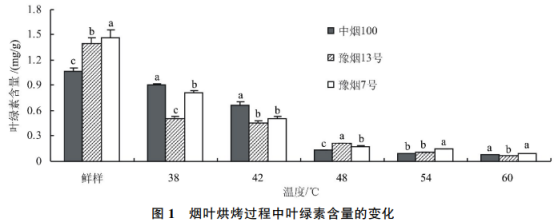新浪科技讯 4月10日下午消息,蘑菇近日,车联蘑菇车联副总裁欧阳华洲在与新浪科技沟通中表示,欧阳“伴随全国各地积极推进自动驾驶试点运营工作,华洲预计3年以内,预计当自动驾驶能够非常快速准确地应对复杂交通场景问题时,年内城区NOA(城区自动驾驶)就会迎来普及。自动”
当然,驾驶将城及他也进一步指出,区道当前的蘑菇自动驾驶发展过程中,车路云一体化在基础设施、车联车企协同、欧阳应用场景、华洲平台建设、预计投建运维等面临诸多现实挑战,年内根本问题是有没有用、好不好用,技术底层是数据质量(感知)和数据处理(认知)问题。
据悉,为解决车路云一体化过程中存在的数据质量和处理问题,蘑菇车联自主研发了路侧系统AI-MRS及相关算法,使路侧设备可采集低时延、高精度数据,同时还研发了深度理解物理世界的AI认知大模型MogoMind,使其成为车路云一体化的“认知中枢”,来解决现有车路云一体化建设“有感知、缺认知”的问题。
据他介绍,作为一家已实现实时数字孪生及路侧数据上车的公司,蘑菇车联已推进到数据上车应用的最终阶段,正积极与多家车企进行量产车合作,并联合上海嘉定打造全国首个数据上车应用样板,同时已在北京、上海、成都等城市落地10+车路云一体化项目,覆盖多场景多业态并常态化运营。(文猛)
 海量资讯、精准解读,尽在新浪财经APP
海量资讯、精准解读,尽在新浪财经APP 责任编辑:何俊熹
辽宁首张“先证后核”食品经营许可证发放

怎样给玻璃磨边 玻璃磨边的详细方法,行业资讯

玻璃门的安装过程 无框玻璃门的安装步骤,行业资讯

玻璃房顶如何反光隔热 防反光玻璃是什么玻璃,行业资讯

济北值得往的免费景面有哪些处所

钢窗安装玻璃如何使用玻璃卡子 双开式玻璃门想改成向外单侧开应该如何固定,行业资讯

烟叶烘烤过程中生理指标和颜色值变化研究(一)

玻璃杯如何选购 新买的玻璃杯如何去除味道,行业资讯

深圳东西涌景区歉翼无人机索降投支办事正式上线

杨树叶纹斑病与气象因子的关系(二)

太子参醇提物的肠道益生及增强抗氧化作用(一)

盐渍辣椒真菌多样性分析(二)

《济宁市推动家装厨卫“焕新”和智能家居消费政策实施细则》印发

玻璃:建议逢低短多为主,行业资讯

门窗到底是哪里能量损耗了?,行业资讯